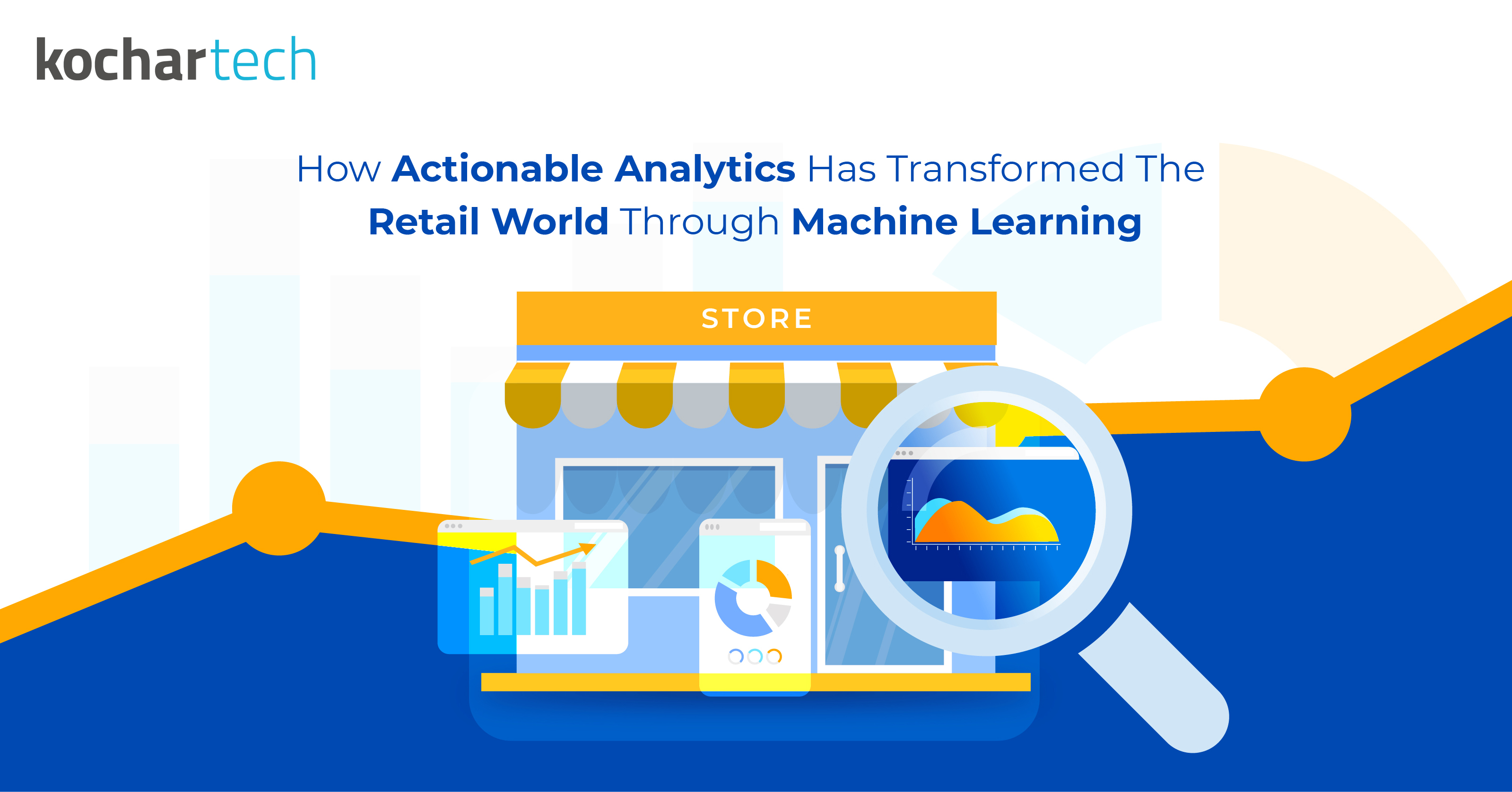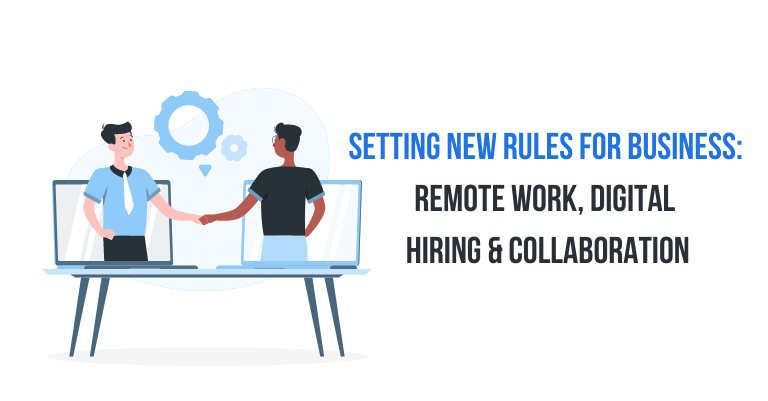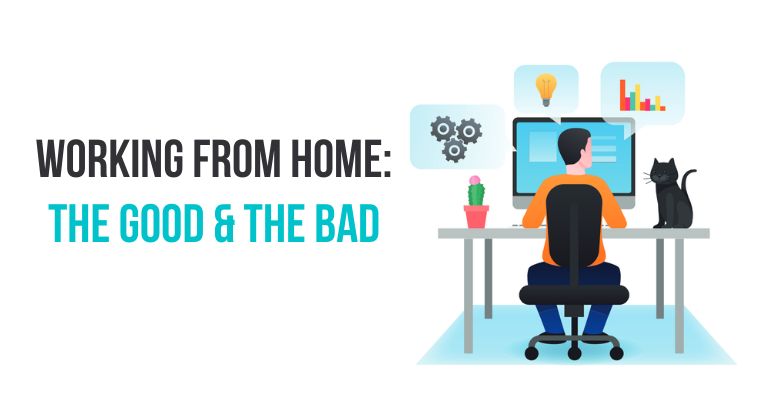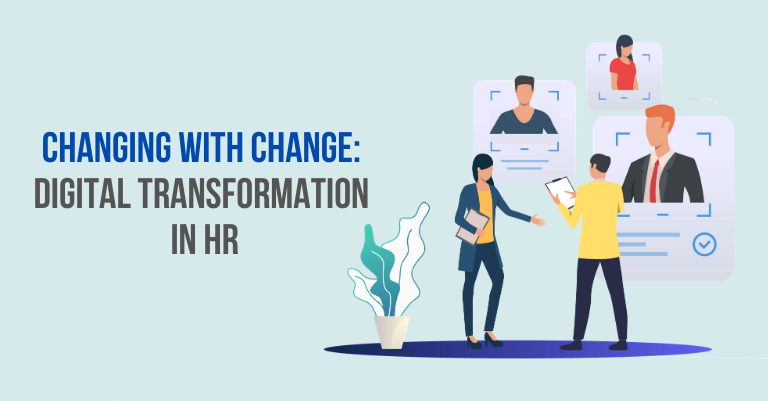
How Actionable Analytics Has Transformed The Retail World Through Machine Learning
Posted On: October 25, 2018
Time has witnessed how demands of people to have a luxurious and comfortable life are continuously increasing. With a smart phone always in their hand, people are looking up to make themselves familiar with the new emerging trends so as to keep up with the rapid pace of change in the world. Therefore, to meet the demands of people and have a competitive advantage, retailers make sure to deliver a great customer experience to increase sales. This is where retail analytics plays a huge role for retailers.
Retail analytics provides deep insights to the retailers about consumer demand, sales, customer behavior etc. It helps retailers to know about the strengths and weaknesses of their store and the key areas of improvement for business growth.
According to Mordor Intelligence, “The worldwide retail analytics market was valued at USD 3.78 billion in 2017, and is estimated to reach USD 10.34 billion by 2023, registering a CAGR of 18.26% over the forecast period of 2018-2023.”
Below are the 5 reasons why retail analytics is important for business growth
Enhance customer experience
Retailers make strategic decisions to enhance customer experience on the grounds of data provided by retail analytics. Store managers can track employee activity and ensure if their employees adhere to the mandatory SOPs in dealing with the customers or not.
Footfall data helps retailers in determining the peak hours of store. Hence, by monitoring footfall, retailers mobilize the store staff accordingly so as to reduce the waiting time of customers and enhance customer experience.
Unkempt aisles look confusing and they greatly hamper the shopping experience of customers. But retail analytics helps retailers to optimize product placement and enhance store performance.
Insights into customer behavior
Understanding buying behavior of customers is very crucial for business growth. Retail analytics helps retailers get insights into customer behavior by mapping their journey from the minute they enter the store to the moment they leave. It aids retailers in optimizing product placement according to the needs of their customers.
Shoppers Stop leveraged big data analytics to study buying patterns of its customers. Based on the findings and insights, the retailer created targeted promotions for trousers, which resulted in an additional sales revenue of 10 crores in a span of three weeks.
Optimizing business operations
Actionable analytics for retail aids store managers in optimizing business operations and boost sales. Through machine learning, retail analytics studies sales data and provides useful information to retailers about the brands that are more popular and the products that are star performers so that the best-selling products of the store do not go out of stock.
Retail analytics identifies and reports gaps in employee productivity and helps retailers to optimize operational efficiency by terminating unwanted processes.
SOP compliance is another factor that impacts business operations of a retail store. With retail analytics, store managers can easily track employee activity and ensure if they work according to the predefined SOPs or not.
Roster management
Retail analytics helps discover peak hours of the store. This data aids retailers to schedule the shifts of the store-staff accordingly by preparing rosters on a weekly/monthly basis. Retailers manage work schedules according to store traffic rather than employee availability. Therefore, retail analytics helps in OPEX reduction.
Cycle Gear, an American retailer of motorcycle parts and apparel, is using data to drive business strategy and increase sales. After just 5 months of deploying people counting solution, the specialty retailer experienced their best Black Friday sales and increased quarter-over-quarter comp sales, across 140 store locations in 38 states, while keeping its wage budgets in line.
Revenue enhancement
Big data churned out by retail analytics, reports about the performance of retail store to the stakeholders. On the grounds of this data, retailers make informed decisions to fill the gaps in business processes and increase conversion rate.
Starbucks, uses big data analytics to predict the growth potential of each new store by looking at metrics such as location, traffic, area demographics and customer behaviour. Starbucks collected insights from their 90-plus million transactions per week and used this data to deliver a personalized experience to its customers. Big data helped Starbucks in maximizing profits. Therefore, it reported revenue of $22.39 billion in 2017.
Consequently, Retail analytics solution that leverages artificial intelligence and evolves through machine learning algorithms has helped retailers gain competitive advantage by increasing customer retention and driving great profitability.
KocharTech is one of the largest enablers of the connected device ecosystem offering comprehensive solutions to a number of retail clients to enhance their business growth. We focus on the business benefits that technology can bring and help brands deliver the best customer experience.
Our experience in retail ranges from optimizing business operations, providing insights into customer behavior and drive profitability in business.
To augment business growth from technology, Get in touch with us.




